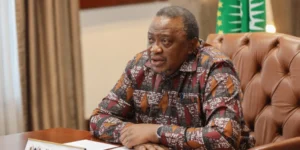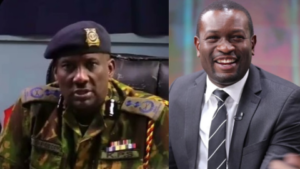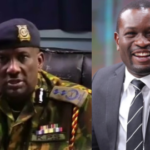In a coordinated series of explosions that have shocked the region, at least twelve people, including an eight-year-old girl, were killed, and nearly 3,000 others were wounded after handheld pagers used by Hezbollah members detonated simultaneously across Lebanon and Syria.
The blasts have escalated tensions between Hezbollah and Israel, with the Lebanese group accusing Israel of orchestrating the deadly attacks.
The explosions, which hit Hezbollah operatives in multiple locations, come amid an ongoing conflict between the group and Israel, which has not officially commented on the incident.
Hezbollah has pledged severe retaliation, holding Israel “fully responsible” for the attacks. The group vowed that the “treacherous and criminal enemy will certainly be punished” for what it described as a targeted act of aggression.
A Coordinated Attack
The attacks reportedly involved over 5,000 pagers that Hezbollah had acquired following orders from its leader, Hassan Nasrallah, to abandon mobile phones due to concerns that Israeli intelligence was tracking communications.
According to Reuters, sources allege that Israel’s Mossad spy agency planted explosives in the devices, which were triggered by a coded message sent to 3,000 pagers simultaneously.
“The Mossad injected a board inside of the device that has explosive material that receives a code. It’s very hard to detect it through any means,” a senior Lebanese source told Reuters. The devices had reportedly been in Hezbollah’s possession for months before the detonation.
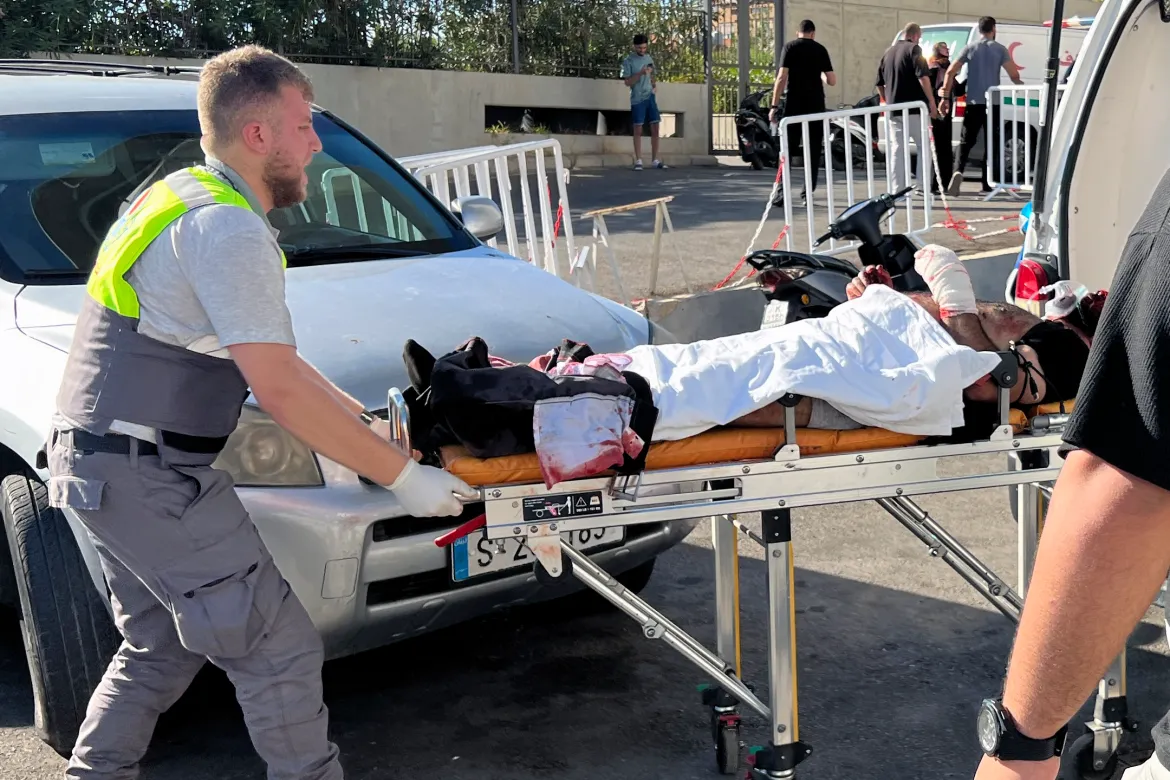
Horrific Scenes in Hospitals
Hospitals across Lebanon have been overwhelmed by the influx of wounded. In Beirut’s southern suburbs, AFP correspondents described chaotic scenes as victims were treated on thin mattresses in parking lots, with blood-soaked gloves and stretchers littering the ground. Motorcycle ambulances raced to emergency rooms, while injured victims, many with severe eye and limb injuries, screamed in pain.
At Mount Lebanon Hospital outside Beirut, Reuters reported a similar situation, with medical staff struggling to cope with the large number of patients. “The wounds included injuries to the face, eyes, and limbs,” said Hassan Wazni, head of Nabatieh Public Hospital in southern Lebanon.
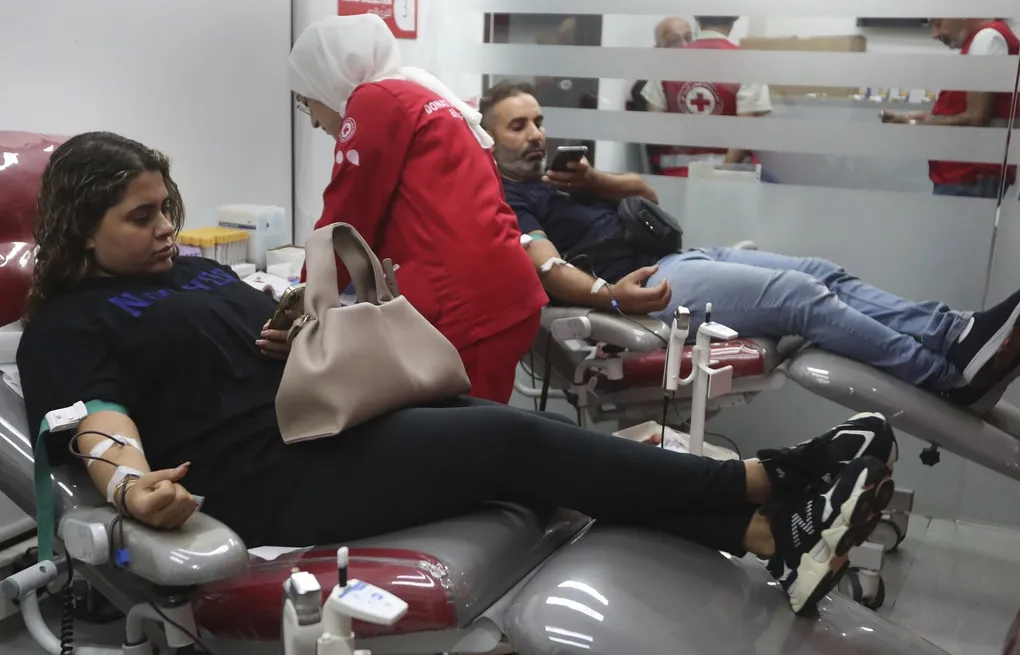
Taiwanese Company Names European Firm it Says Produced Pagers
Gold Apollo, a Taiwanese company associated with the pagers involved in the fatal explosions in Lebanon, has clarified that it licensed its trademarked design to another firm and was not involved in the devices’ design or production.
In a statement, the company explained, “We allow BAC to use our trademark for product sales in certain regions, but BAC manages the design and manufacturing entirely.”
Gold Apollo’s founder and president, Hsu Ching-Kuang, mentioned that BAC is a European-based company but did not disclose further details. “We may not be a big company, but we are a responsible one,” Hsu stated at the company’s New Taipei City offices, adding that the situation is “very embarrassing.”
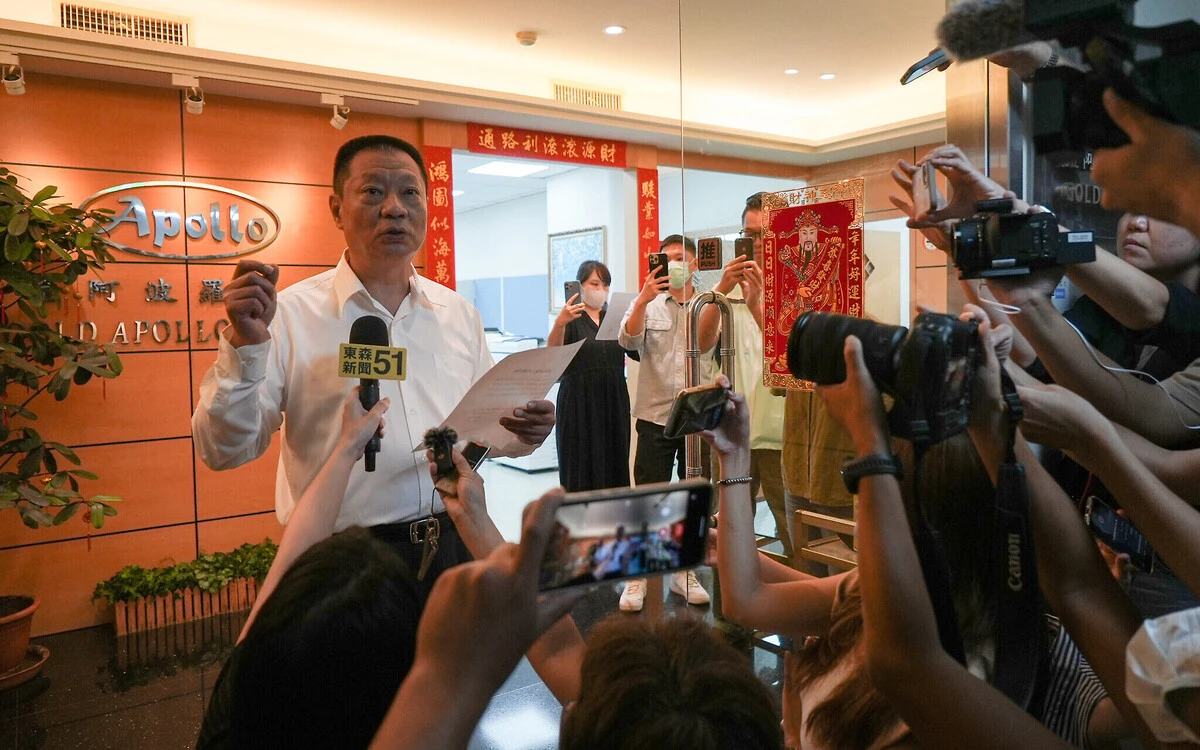
International Response and Condemnation
The explosions have drawn widespread international condemnation. Iran, a key ally of Hezbollah, accused Israel of “mass murder,” while Turkey’s President Recep Tayyip Erdogan expressed his sadness over the attacks, calling Israel’s actions a dangerous escalation. Jordan has offered medical assistance to Lebanon, with a military plane carrying supplies arriving in Beirut on Wednesday morning.
Russia’s Foreign Ministry spokesperson, Maria Zakharova, described the pager bombings as “hybrid warfare” and called for an international investigation. She warned that the attacks could provoke a large-scale confrontation in the region.
Belgium’s Deputy Prime Minister Petra De Sutter denounced the attacks as a “terrorist escalation,” calling for global attention to stop the bloodshed. Meanwhile, the European Union’s foreign affairs chief, Josep Borrell, condemned the civilian casualties, calling the situation “extremely worrying.”
I strongly condemn the massive terror attack in Lebanon and Syria, which injured thousands of people. A brutal escalation of violence.
— Petra De Sutter (@pdsutter) September 18, 2024
Silence is not an option. An international investigation is called for. The bloodshed must end.
Hezbollah’s Defiant Response
Hezbollah has responded with defiance, pledging to continue its operations despite the attacks. In a statement, the group expressed condolences for the victims and vowed that Israel would face a “difficult reckoning” for the explosions.
“What happened yesterday will increase our determination and resolve to continue on the path of jihad and resistance,” the statement read. Hezbollah also affirmed that the attacks would not deter its efforts to support Gaza and defend Lebanon’s sovereignty.
Complications for Hezbollah’s Operations
David Des Roches, a professor at the National Defense University in the US, called the pager blasts a “significant coup” against Hezbollah, suggesting that the group is deeply infiltrated by Israeli intelligence. Des Roches noted that Hezbollah operates as a networked organization, relying heavily on real-time communications, which have now been compromised.
“This is a step back in communications,” he told Al Jazeera. “Hezbollah fighters will no longer trust Hezbollah equipment.”
Victims and Fallout
The devastating attacks have taken a significant toll on civilians. Among the dead are at least four medical staff members and two children, an eight-year-old girl and an 11-year-old boy.
Hospitals remain overwhelmed, with Lebanon’s Health Minister Firass Abiad warning that the medical sector is facing a crisis of preparedness, with resources such as fuel and medicine running low.
Iran’s Ambassador to Lebanon, Mojtaba Amani, was also reportedly injured in the explosions. Initial reports claimed he had lost one eye and suffered severe injuries to the other, though Iranian authorities have denied these claims.
Calls for Justice and De-escalation
As Lebanon reels from the mass bombing, international figures are calling for accountability. Senator Mehreen Faruqi of Australia’s Greens Party condemned the attack, calling it “sickening warfare” and demanding that the perpetrators be brought to justice.
Despite the heightened tensions, Jordan’s Foreign Minister Ayman Safadi urged for restraint, stressing the need to prevent further escalation in the region.
“We must stop this dangerous escalation by immediately ending Israeli aggression,” Safadi said.
Read Also: A Historical Overview of The Lebanese-Israeli Conflict



